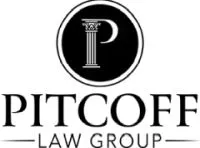What does it truly mean to be a fiduciary?
In the intricate landscape of business relationships, this concept holds significant importance, shaping the obligations and responsibilities between parties. Fiduciary duties encompass a spectrum of obligations and responsibilities, including the duty of care, duty of loyalty, duty of confidentiality, and duty of disclosure. These elements define the fiduciary's commitment to act in the utmost good faith, loyalty, and honesty towards another party, prioritizing their interests above their own.
Understanding how they manifest in business relationships is essential. From corporate governance to agency relationships, recognizing its applications across diverse scenarios provides clarity on the practical implications and ramifications of fiduciary obligations.
Moreover, fiduciary duties are governed by legal standards that establish the framework for assessing fiduciary conduct. Examining legal precedents, statutes, and case law offers insight into the expectations placed upon fiduciaries and the consequences of breaching their obligations.
Mitigating the risks associated with fiduciary relationships is paramount for all parties involved. Implementing robust governance structures, maintaining transparency, and seeking legal counsel when navigating complex situations are essential strategies for ensuring compliance with fiduciary duties.
The content of this article is intended to provide a general guide to the subject matter. Specialist advice should be sought about your specific circumstances.

